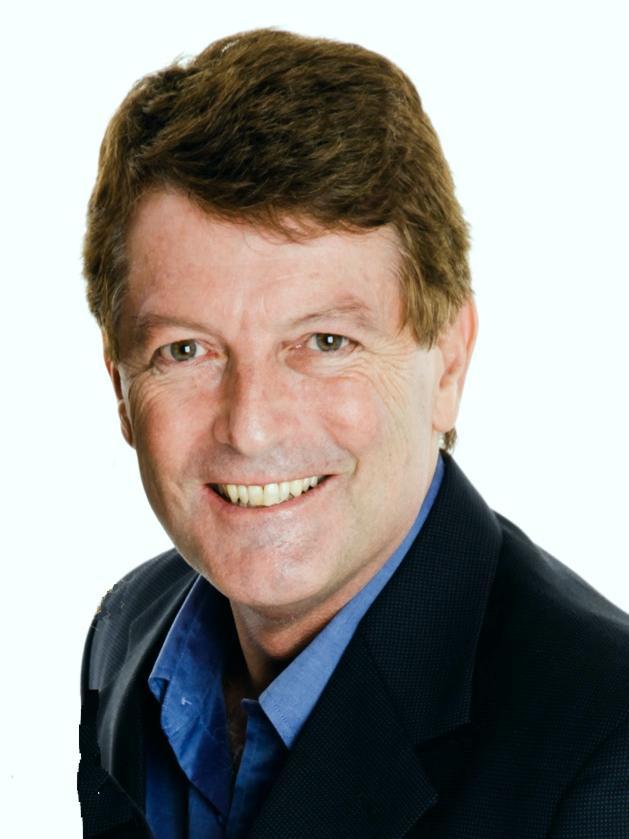
When I was 25 I entertained on a cruise ship. People would embark stressed, but gradually begin to relax, laugh, be quiet, be rowdy, and revive romance. Wow! Two weeks later, as they disembarked, I’d hear them say “Well, that was fun, but we have to get back to the real world.” – as if being happy, engaged, and heartfelt was reserved for an “unreal” world!
To really understand this, I needed to know more so, at 45, I went to university. What an amazing experience. Three Masters degrees later, my new knowledge began to blend with my life experience and meaningful ideas emerged.
What holds us back and what lifts us up? Here’s the short answer: The Winner/Loser World and Curiosity.
The Winner/Loser World is so commonplace we don’t even notice it. In short, success, achievement, and self-worth are shifted from being personal challenges to being a stressful battle to live up to expectations and demands of “the world.” We need to be the best to get ahead. We must win because if we lose, we’re bad, wrong, and at fault which means we’re responsible and must be punished. It’s not just a bad feeling, it actually changes our brain. We feel isolated, struggling, defensive, compelled and overwhelmed. There’s more, so I wrote a book, How the ‘real world’ Is Driving Us Crazy!, but, let’s see what lifts us up.
Surprisingly, neuroscience showed the answer: a healthy mindset is a sense of positive anticipation where you feel less afraid; your brain is awake and vibrant and able to focus with intention and purpose; you feel a healthy sense of pleasure; connection; trust; and engagement. Curiosity turns this mindset on.
The Catch-22 is that the Winner/Loser mindset turns curiosity off. What do we do? Interestingly, there are things that turn down the Winner/Loser mindset and open the possibility for curiosity. Mindfulness, for one, reduces our distress and fear of our thoughts, feelings, and failures to meet expectations. But, once you get that sense of inner contentment, what then? I say, now get back into the wonder and excitement of life; the exploration; the discovery; and creative participation in the experience.
Not many words left now, so here are three essential actions to turn on curiosity:
1. That’s Interesting: this thought turns on the curious mind – wonder, surprise, and possibility.
2. The Problem is a Message: our consciousness is the tip of the iceberg. There’s so much more going on. Try this: take the words that describe your problem and say them as a message. What are you really saying?
3. What Can I Create From This: now you’re interested and you see there is more to this, what can you create? As sure as flour, water, yeast, salt, butter and heat can be turned into bread, so can you reframe your problems and difficulties and turn them into something healthy, and sustaining.
What are you thinking now? What doorways of possibility are you curious to open? Let’s find out…

“That’s Interesting: this thought turns on the curious mind – wonder, surprise, and possibility.”
To me, this is a key point. Being more child-like (WHY) with our mind is a good thing. Wanting to continually learn – with an open-mind – is critical.
Thanks Virginia. So true. I’ve been researching curiosity from the neuroscience as well and it is very exciting to see what curiosity does to the neurochemicals in the brain. In short – it is all good! I’ve differentiated 3 essential aspects of curiosity, that aren’t separate, but they can be out of balance: Curiosity for knowledge – this is seeking out what we don’t know; Curiosity for Play – this is the more “childlike” state of just allowing something to happen, have fun and work it out as you go; and Curiosity for Possibility – this is the one that gets pushed down in our world, this the one where you create and take the imagination of play and add meaning and purpose. I’m interested in us doing all 3 elements, but I am focusing on Curiosity for Possibility because it is less encouraged in so many areas of our society. Strangely, and sadly, Curiosity for Possibility is not very present in much of our education. When gaining knowledge becomes a test and a measure of how good you are, even that curiosity can be turned off and replaced with distress. Fortunately there are changes happening in education. More of it please 🙂
[…] Read the full story at inspiremetoday.com […]